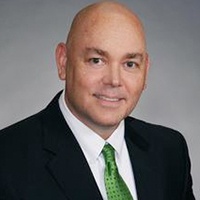Kinder White Collar Crime Lawyer, Louisiana
Sponsored Law Firm
-
 x
x

Click For More Info:
-
Babcock Trial Lawyers
10101 Siegen Ln #3-C Baton Rouge, LA 70810» view mapCriminal Defense We Want Your Injury Claim PAID NOW!
At Babcock Trial Lawyers, we work for our clients, maintaining our reputation of excellence as criminal defense & personal injury lawyers in Baton Rouge.
225-500-5000
Not enough matches for Kinder White Collar Crime lawyer.
Below are all Kinder Criminal lawyers.
David Green
✓ VERIFIEDCriminal, Family Law, Personal Injury
David Green is a graduate of McNeese State University and has a strong background in law enforcement and criminal law. While earning his undergraduat... (more)
FREE CONSULTATION
CONTACTFREE CONSULTATION
CONTACTHenry Clay Ward
Workers' Compensation, Car Accident, DUI-DWI, Personal Injury
Status: In Good Standing Licensed: 30 Years
Thomas Lawrence Lorenzi
Criminal, White Collar Crime, Grand Jury Proceedings, Misdemeanor
Status: In Good Standing Licensed: 49 Years
Walter Marshall Sanchez
Internet, Family Law, White Collar Crime, DUI-DWI, Criminal
Status: In Good Standing
Adam L Ortego
Criminal, Consumer Rights, Civil & Human Rights
Status: In Good Standing Licensed: 51 Years
Alyson Vamvoras Antoon
Divorce & Family Law, Criminal, Accident & Injury
Status: In Good Standing Licensed: 13 Years
 Stephen Babcock Baton Rouge, LA
Stephen Babcock Baton Rouge, LA Practice AreasExpertise
Practice AreasExpertise

